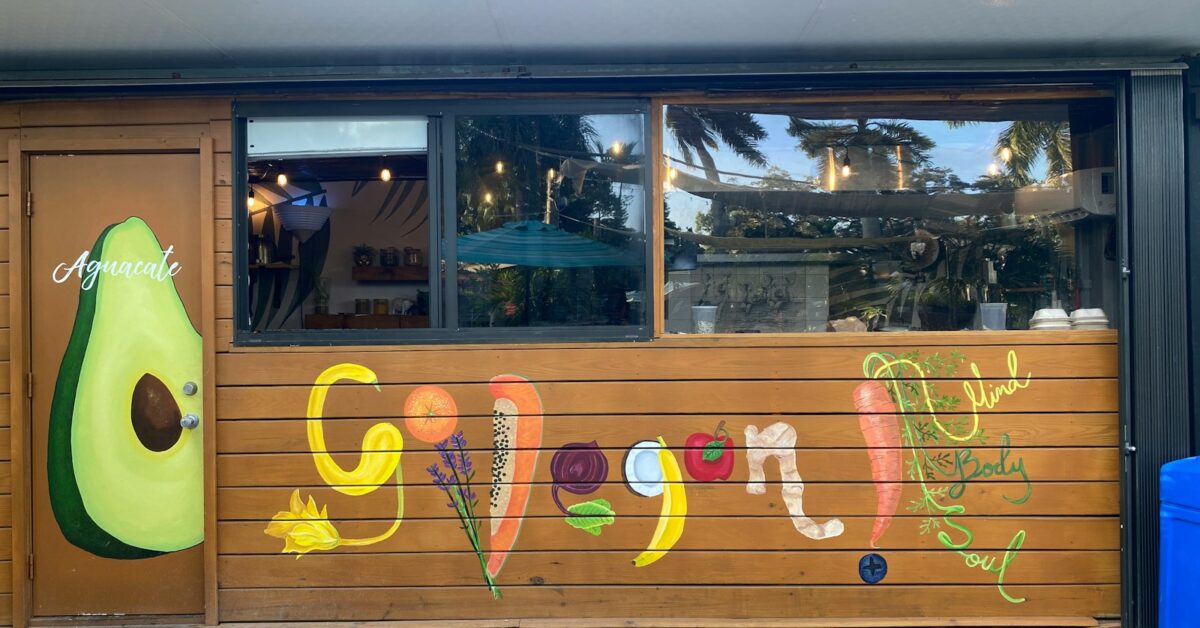Is cocoa butter vegetarian?
When it comes to following a vegetarian lifestyle, it is essential to be aware of the ingredients in the products we consume. One such ingredient that often raises questions is cocoa butter. Derived from cocoa beans, cocoa butter is widely used in the food and cosmetic industries. However, its vegetarian status is a topic of debate. In this article, we will explore the origins of cocoa butter, its production process, and whether it can be considered vegetarian.
The origin of cocoa butter
Cocoa butter is a natural fat extracted from cocoa beans, which are the seeds of the cacao tree (Theobroma cacao). These trees are native to the tropical regions of Central and South America. The beans are harvested, fermented, dried, and then roasted to develop their characteristic flavor. After roasting, the cocoa beans are ground into a paste known as cocoa liquor, which is further processed to separate the cocoa solids from the cocoa butter.
The production process
The production of cocoa butter involves several steps, and it is important to understand these processes to determine its vegetarian status:
- Harvesting: Cocoa beans are harvested from cacao trees, which are plants and therefore vegetarian-friendly.
- Fermentation: After harvesting, the cocoa beans are fermented to develop their flavor. This process does not involve any animal products.
- Drying: The fermented cocoa beans are dried, typically under the sun. Again, this step does not involve any animal products.
- Roasting: The dried cocoa beans are roasted to enhance their flavor. Roasting is a plant-based process and does not involve any animal ingredients.
- Grinding: The roasted cocoa beans are ground into a paste called cocoa liquor. This step is purely mechanical and does not involve any animal products.
- Separation: The cocoa liquor is then processed to separate the cocoa solids from the cocoa butter. This separation is typically achieved through hydraulic pressing, which does not involve any animal ingredients.
Vegetarian considerations
Based on the production process outlined above, cocoa butter can be considered vegetarian. It is derived from plants and does not involve the use of any animal products. However, it is important to note that the term “vegetarian” can have different interpretations, and some individuals may have personal preferences or ethical concerns that go beyond the absence of animal ingredients.
For example, some vegetarians may choose to avoid products that are produced in a way that harms the environment or exploits workers. In the case of cocoa butter, it is crucial to consider the sourcing and production practices of the specific brand or manufacturer. Opting for fair-trade and sustainably sourced cocoa butter can align with the values of many vegetarians.
Alternatives to cocoa butter
While cocoa butter is generally considered vegetarian, there are alternatives available for those who prefer to avoid it for various reasons. Some common alternatives to cocoa butter include:
- Shea butter: Derived from the nuts of the shea tree, shea butter is a popular plant-based alternative to cocoa butter. It has a similar texture and is widely used in cosmetics and skincare products.
- Mango butter: Extracted from the seeds of the mango fruit, mango butter is another vegan-friendly alternative. It is often used in skincare products and has moisturizing properties.
- Coconut oil: While not a direct substitute for cocoa butter, coconut oil can be used in some recipes as a replacement for its fat content. However, it may alter the flavor and texture of the final product.
Ultimately, the choice between cocoa butter and its alternatives depends on personal preferences, dietary restrictions, and ethical considerations.
In conclusion
Cocoa butter, derived from cocoa beans, can be considered vegetarian as it is obtained from plants and does not involve the use of animal products. However, individuals following a vegetarian lifestyle may have additional considerations such as sourcing and production practices. It is always advisable to check the specific brand or manufacturer’s practices and opt for fair-trade and sustainably sourced cocoa butter when possible. For those who prefer alternatives, shea butter, mango butter, and coconut oil can be viable options.
